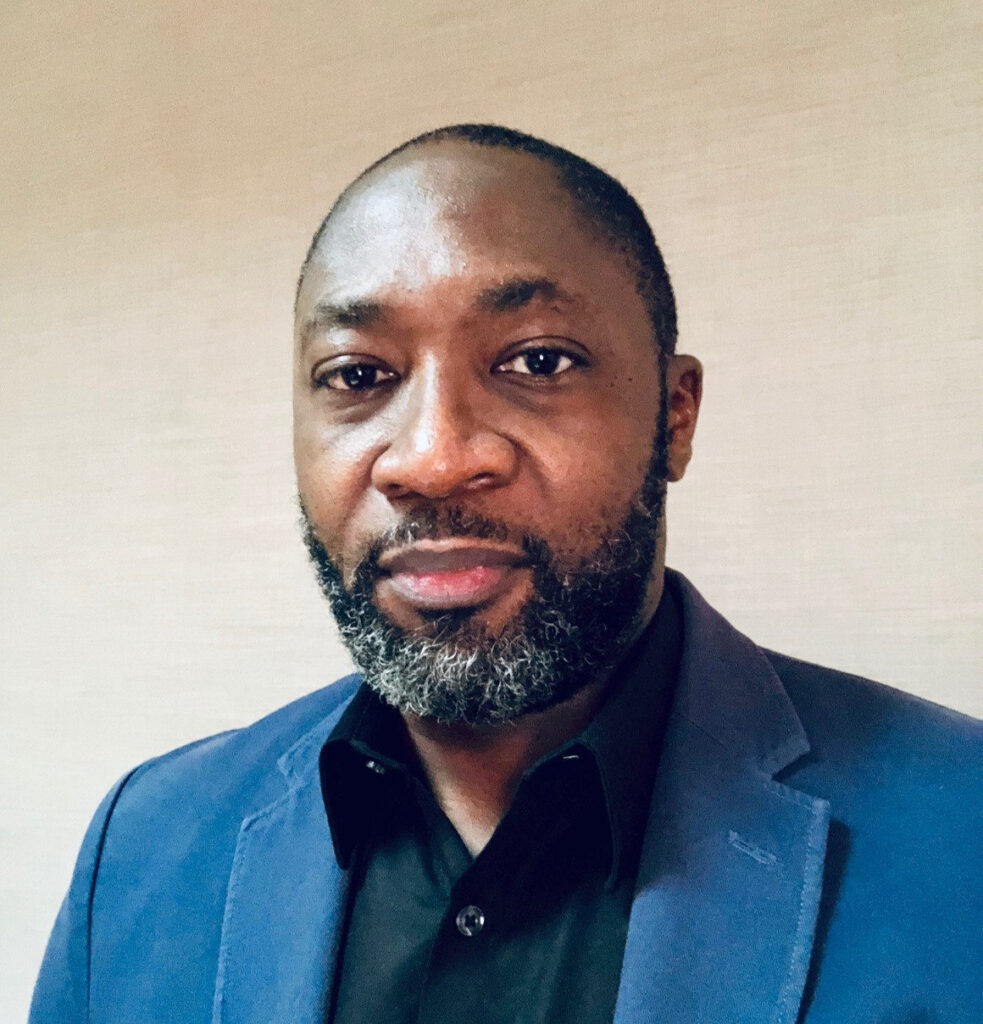
A business advisory consultant, Wole Ogundare, expressed skepticism about the hope-inspiring potential of Bola Tinubu’s proposed 2024 budget, citing concerns over the GDP growth rate compared to population growth.
Speaking on Channels Television’s Sunrise program, Ogundare labeled the appropriation as a ‘budget of coasting along,’ emphasizing that a budget of hope would ideally feature a GDP growth rate ranging from 7 to 10 percent.
Analyzing Tinubu’s projected growth rate of 3.76 percent, Ogundare drew attention to the disparity with Nigeria’s population growth rate of 2.5 percent. He asserted that the budget lacked optimistic prospects, describing it as a pragmatic approach to ‘coast along’ rather than aspiring to substantial growth.
Ogundare, an accountant and business advisor, dismissed the notion of hope in the budget, urging Nigerians to temper their expectations.
“When you look at the assumptions, the first thing I typically look at is the growth rate. So the macroeconomic framework tend to force you to look at the growth rate. Tinubu projected a 3.76 growth rate; if you look at that growth rate, how does it really make sense?
READ ALSO: Arsenal Ascends: Thrilling 2-1 Win Over Wolves Catapults Gunners to Premier League Pinnacle
“You compare it to the population growth rate in Nigeria. Our population growth rate today is about 2.5, so if you look at 2.5 population growth rate relative to a 3.76 GDP growth, it tells you immediately that this is not a budget of hope, it is a budget of coasting along. Let us just coast along for now.
“Any budget of hope will be something where the growth rate is about 7 to 10 per cent. So, I guess the guys in charge are being very careful not to overestimate their position, which is why they say, ’look, let us just coast along’. So anything around hope, forget it; Nigerians should just forget it for now because there is nothing hopeful around it,” Ogundare said.
According to Ogundare, the proposed budget falls short of addressing Nigeria’s current economic challenges. He criticized its inability to curb the “japa syndrome” or foster significant industrialization, human capital development, and employment generation.
In his assessment, the budget appears geared towards maintaining the status quo rather than instigating transformative changes.
Echoing similar sentiments, Johnson Chukwu, the Managing Director of Cowry Asset Management Ltd., highlighted the budget’s continuity in the trajectory of increased recurrent expenditure.
He expressed disappointment in the absence of strategic initiatives aimed at reducing recurrent expenditure, pointing to the ongoing expansion of the underlying structure.
Tinubu presented the N27.5 trillion 2024 budget to the National Assembly, emphasizing its focus on achieving macro-economic stability, poverty reduction, enhanced social security, and other priorities such as security, local job creation, and human capital development.


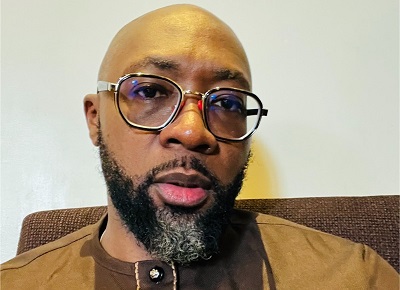
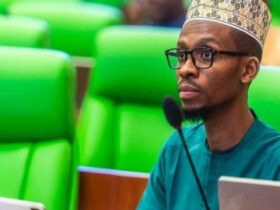
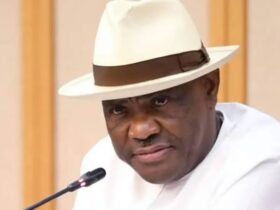

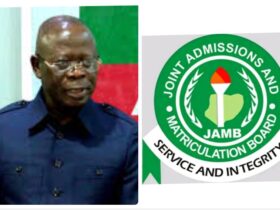

Leave a Reply